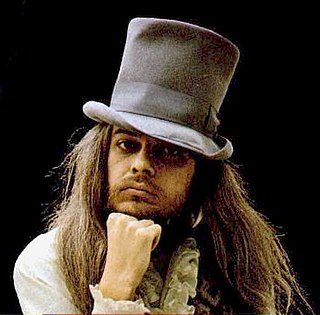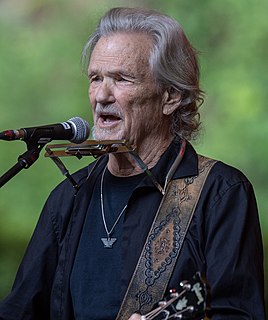A Quote by Ashwin Sanghi
At thirty-five, having spent over twenty years running varied businesses for my family, I decided to sit down and write my first novel. I had never written anything longer than a couple of pages till then and was foolishly attempting to write a hundred-thousand words.
Related Quotes
I bailed out on social media for a while, and in short order I found I was able to sit down and read a book again. For the first time in a couple years I could read more than three pages without my brain wandering off into the ether. I drew a direct causal line between all this sort of ratta-tat-tat staccato stimulation that we get from the Internet and my growing inability to sit down and read anything that was longer than 500 words. But for me it came back because those synapses were already latent in my brain.
When I was fifteen I wrote seven hundred pages of an incredibly bad novel - it's a very funny book I still like a lot. Then, when I was nineteen I wrote a couple hundred pages of another novel, which wasn't very good either. I was still determined to be a writer. And since I was a writer, and here I was twenty-nine years old and I wasn't a very good poet and I wasn't a very good novelist, I thought I would try writing a play, which seems to have worked out a little better.
I never was one to go into an office and write. For one thing, I had a job. I was cleaning the ashtrays and setting up the studios at Columbia for a couple of years and working every other week down in the Gulf of Mexico flying helicopters. I didn't really get to just write songs for about five years.
The age of the book is not over. No way... But maybe the age of some books is over. People say to me sometimes 'Steve, are you ever going to write a straight novel, a serious novel' and by that they mean a novel about college professors who are having impotence problems or something like that. And I have to say those things just don't interest me. Why? I don't know. But it took me about twenty years to get over that question, and not be kind of ashamed about what I do, of the books I write.
Well, first you have to love writing. A lot of authors love having written. But I enjoy the actual writing. Beside that, I think the main reason I can be so prolific is the huge amount of planning I do before I start to write. I do a very complete, chapter-by-chapter outline of every book I write. When I sit down to write, I already know everything that's going to happen in the book. This means I've done all the important thinking, and I can relax and enjoy the writing. I could never write so many books if I didn't outline them first.


































